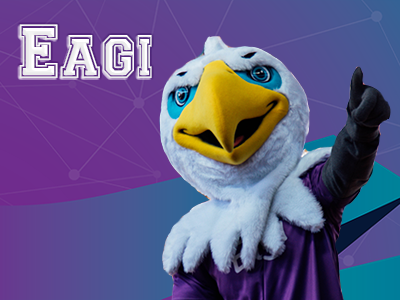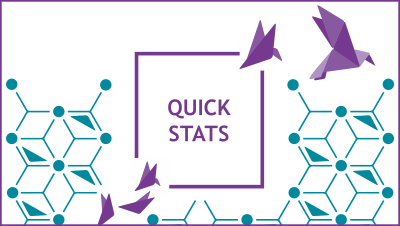The NWU is committed to functioning as a unitary, integrated, multi-campus university that enables equity, redress and globally competitive teaching and research across all three of our campuses. Our core activities, teaching-learning and research, are intertwined with community engagement and innovation in our eight faculties, most of which serve both distance and contact students.
The NWU offers more than just an education: we offer people a place in the world. Academically, students benefit from great choice and flexibility, enabling them to fulfill their potential and start preparing for their careers.
Through collaboration with other universities and institutions internationally, we are part of the global higher education community. Our internationalisation activities include student and staff exchange and cooperation in academic, research, cultural and sports matters.
As we like to say in our University Anthem: “where the willow trees grow and the thorn tree spreads its shade, there you will grow in knowledge…”
Where to study?
Our identity

Meet our mascot
We, as the NWU, pride ourselves on offering high-quality academic programmes and a vibrant student life. Keeping that in mind, there is no better symbol than our mascot, Eagi, to represent the brand attributes of a unitary NWU. The eagle has a positive meaning across many cultures. It represents positive traits that perfectly match the NWU’s strategy and objectives. They include success, aspiration, courage, expansion, renewed life, leadership and freedom. Eagi symbolises our commitment to approaching life creatively and soaring above the rest. It reflects our talent for finding new opportunities to excel and continuously improve. Eagi also embodies the importance of implementing ethics in everything we do, reflecting the value-driven nature of the NWU.
- Web: https://services.nwu.ac.za/eagi
- Instagram: @heyeagi
More about us
NWU Values and Value-Driven Behaviours
To achieve our NWU Dream we actively build a welcoming, inclusive and enabling culture among staff and students underpinned by behaviours congruent to commitment to social justice, diversity and an ethic of care. Read more
Brand attributes
Academic Excellence
Quality, innovative teaching and learning, relevant, cutting-edge research, career-orientated, forward thinking, etc.
Relevant Graduates
Employability, impact in labour market (economic contribution), innovative, trained for real life experiences, work in teams, effective leaders, internationally recognised alumni, etc.
Vibrant Students
Student value proposition, student life, student community, engaging, life experience, makes a difference, innovative, etc.
Value driven
Ethics in all endeavours, academic integrity, academic freedom and freedom of scientific research, responsibility, accountability, fairness and transparency, embracing diversity.
Social responsiveness
Community impact and sustainability, engaged student and staff community, ethical care, benefit society through knowledge, inclusivity, promote multilingualism, compilation of staff and student ratio (gender and race) etc.
History of the NWU
The NWU officially came into being on 1 January 2004 as part of the South African government’s plan to transform higher education. The former University of North-West merged with the Potchefstroom University for Christian Higher Education. A third party was the Sebokeng Campus of another mainly black university, Vista, whose staff and students were incorporated.
Their coming together to form the North-West University (NWU) was a strong symbolic act of reconciliation and nation building – and a highly effective one. The transition to the unified NWU has been hailed as one of the most successful and stable higher education mergers in South Africa. Each year since the merger, the NWU has produced a healthy financial surplus, improved student pass rates, increased research output and risen in the corporate governance rankings for South African universities.
This stability reflects the culture of consultation at the NWU, our clear vision, values and mission, our effective governance and leadership, and the well-defined strategic and operational plans we have made to take the NWU into the future.






